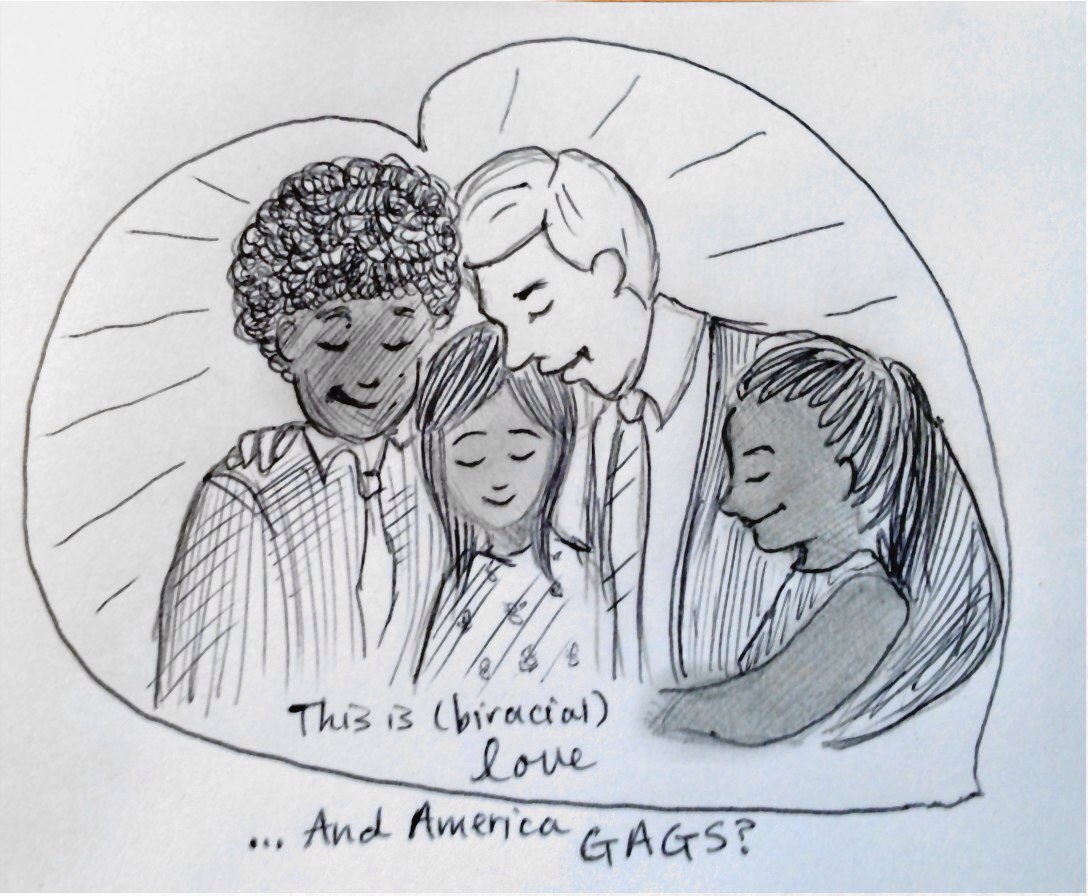
News
‘Deal with the Devil’: Harvard Medical School Faculty Grapple with Increased Industry Research Funding

News
As Dean Long’s Departure Looms, Harvard President Garber To Appoint Interim HGSE Dean

News
Harvard Students Rally in Solidarity with Pro-Palestine MIT Encampment Amid National Campus Turmoil

News
Attorneys Present Closing Arguments in Wrongful Death Trial Against CAMHS Employee

News
Harvard President Garber Declines To Rule Out Police Response To Campus Protests
The Cohen Conundrum and Racism
Or, There and Back Again

A post-racial America was not inaugurated alongside Barack Obama in 2008—no matter how much you wish it so. Perhaps after viewing the unflinchingly brutal vérité of “12 Years a Slave,” it would be comforting to think of this country’s long legacy of racial oppression as a long-dead evil of centuries past.
Yet the Supreme Court invalidated “separate but equal” public education fewer than 60 years ago—and many years were spent beating back the Southern massive resistance movement before anything approaching racial integration materialized. Prohibitions of interracial marriage were declared unconstitutional by the Supreme Court in the 1967 case Loving v. Virginia—fewer than 50 years ago.
In 1947, a two-term governor and senator like Theodore Bilbo could assuredly write that he “would rather see his race and his civilization blotted out with the atomic bomb than to see it slowly but surely destroyed in the maelstrom of miscegenation, interbreeding, intermarriage and mongrelization.”
To be sure, openly racist rhetoric has retreated from the political mainstream, instead reincarnating itself in Nixon’s Southern strategy or Reagan’s young bucks and welfare queens. Decades from today, we’ll look at the spate of voting identification laws, prompted by this summer’s Supreme Court ruling that struck down the heart of the Voting Rights Act, in the same way we do the poll taxes, grandfather clauses, and literacy tests of the Reconstruction Era. To then claim that all semblance of racist intent and motivation has dissipated since then because the laws and policies are now written to be facially race-neutral is utterly naïve if not outrightly disingenuous.
But perhaps more noxious to democracy is the muted reaction to the myriad laws that disproportionately disadvantage minorities—an attitude that considers them minor difficulties and simply necessary evils. Consider the blasé reactions to the New York Police Department’s stop-and-frisk policy that target black and Hispanic communities and surveillance of Muslim students all the way in New Jersey and draconian cuts to the food stamps program and state unemployment insurance programs. On the other hand, laws that benefit minorities, like affirmative action or public housing projects, are favorite political targets that much of the public has come to see as unmeritorious and undeserved handouts.
And it’s not just the legal sphere. From even a cursory glance at recent headlines, one sees racially charged controversies like Julianne Hough donning blackface, Kanye West’s attempted reclamation of the Confederate flag, and the racial slurs Miami Dolphins guard Richard Incognito hurled at teammate Jonathan Martin.
To add to all that, the country must be perpetually subjugated to the idiocies of columnist Richard Cohen through a platform no less prestigious than the Washington Post. In an abysmal column published last week, he wrote:
“People with conventional views must repress a gag reflex when considering the mayor-elect of New York—a white man married to a black woman and with two biracial children. (Should I mention that Bill de Blasio’s wife, Chirlane McCray, used to be a lesbian?) This family represents the cultural changes that have enveloped parts—but not all—of America. To cultural conservatives, this doesn’t look like their country at all.”
Somehow, Cohen continues to defiantly defend his column, saying that the “word racist is truly hurtful.” The editorial page editor, Fred Hiatt ’77, a former Crimson news writer, has only said that he “erred in not editing that one sentence more carefully.” Katharine Weymouth, the publisher of the Post, even hailed the column as “brilliant” in a laudatory tweet.
Suppose we take Cohen at his word—that some farrago of inartful thinking, inartful writing, and inartful editing is the sole cause of the mess. Even then, the writing is troublingly unthinking in its attempt to explain away racism as the result of a well-intentioned, “conventional” desire for social conservatism. But conservatism is not an end to itself—any conservatism is only as good as the policies it seeks to preserve.
Cohen claims the criticisms lack context. So let’s contextualize Cohen—it doesn’t take much research to understand the unconventional awfulness of Richard Cohen’s conventional wisdom.
He’s drawn considerable criticism in the past for supporting the right of store owners to exclude black costumers, defending George Zimmerman since Trayvon Martin was “a young man understandably suspected because he was black,” subjecting female interns to a “hostile work environment,” and attempting to explain the Steubenville rape cases in terms of Miley Cyrus.
It’s enough to make people with conventional views gag.
Viewed most optimistically, Cohen’s comments come near the denouement of this country’s long struggle with race-based discrimination. That racism is increasingly odious to society is progress, but that progress must be codified in the country’s laws—both de jure and de facto—to be complete.
Idrees M. Kahloon '16 is a Crimson editorial writer in Dunster House. Follow him on Twitter @ikahloon.
Want to keep up with breaking news? Subscribe to our email newsletter.
